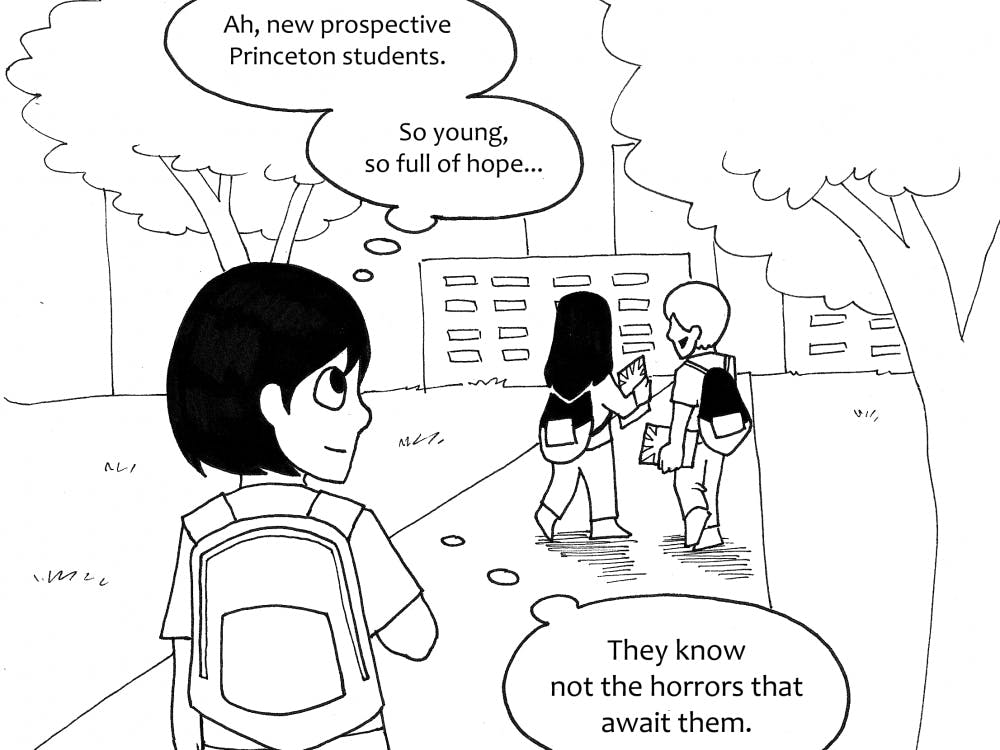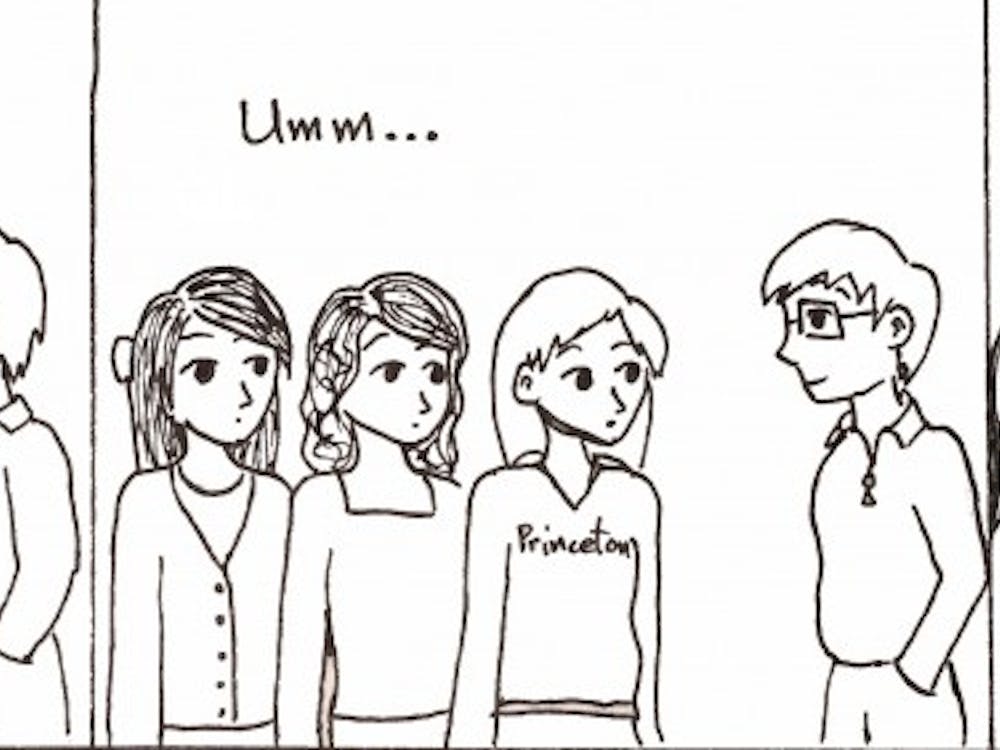Letter to the Editor: Martin Shkreli's response to "Disinvite Shkreli (again)"
Guest ContributorIt was with great interest that I read the “Disinvite Shkreli (again)” column by Crystal Liu ’19 in The Daily Princetonian. Unfortunately, Liu’s uncareful analysis misses the mark. While Liu may feel I am “disgraced” and “vitriolic,” in a brazen display of intellectual dishonesty she fails to mention my distinction as one of the most successful young entrepreneurs in the world.










